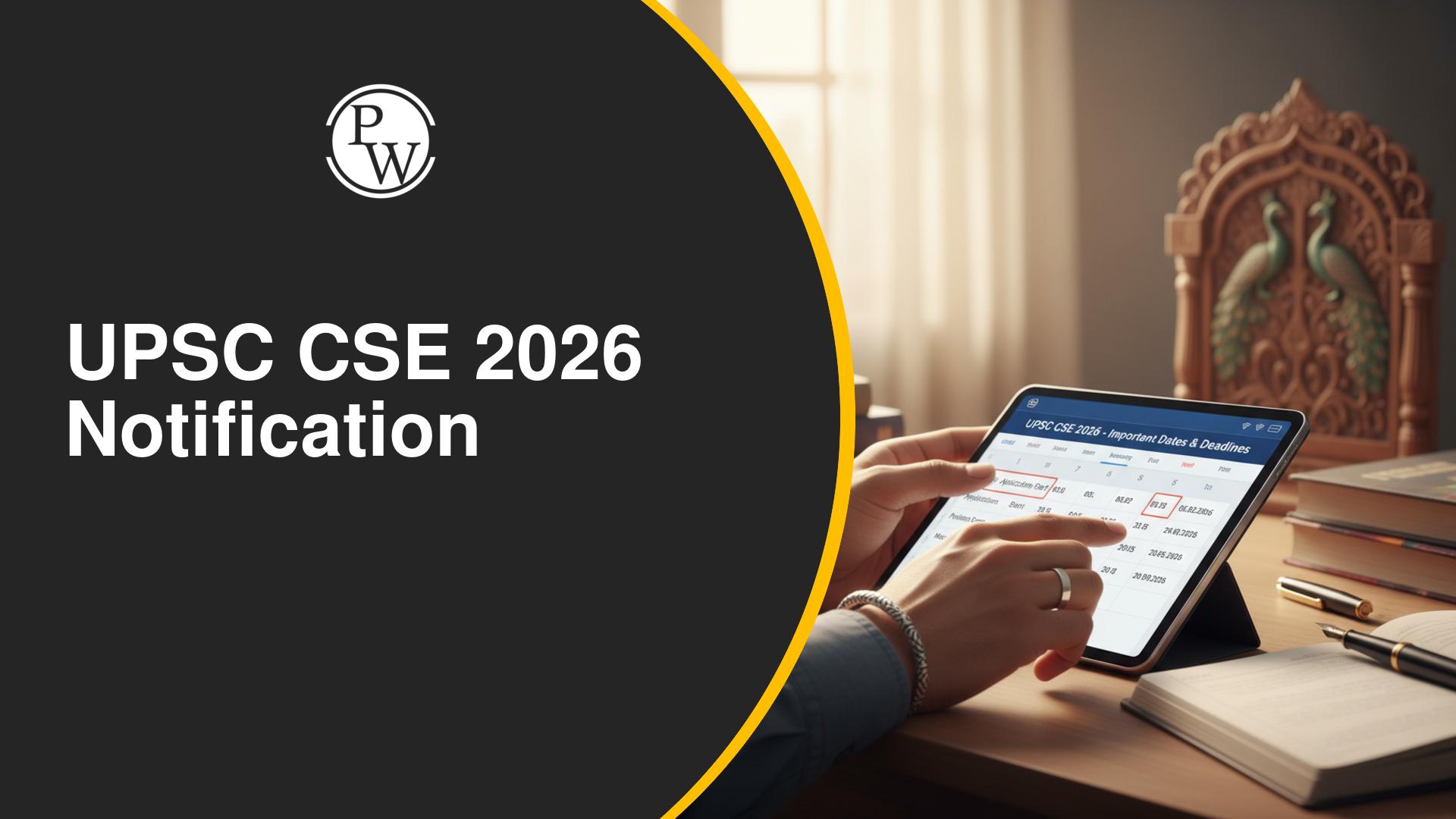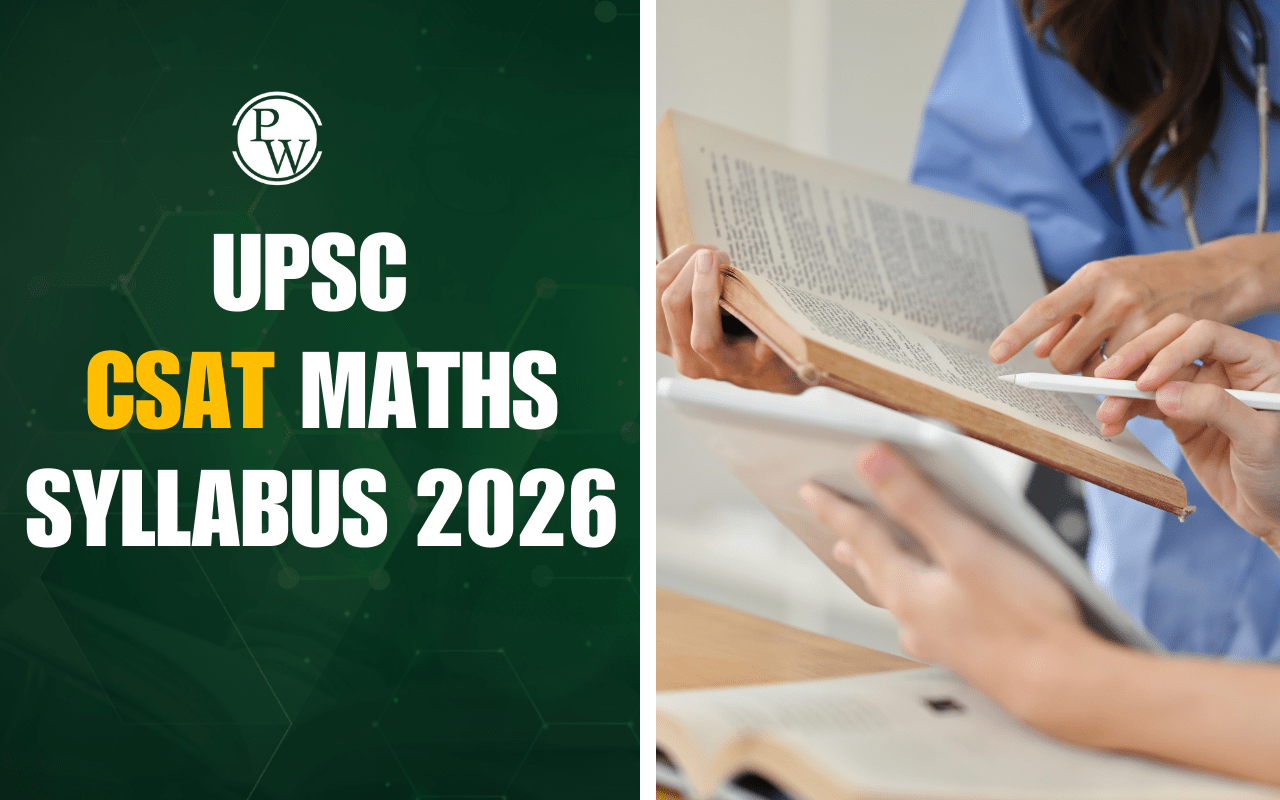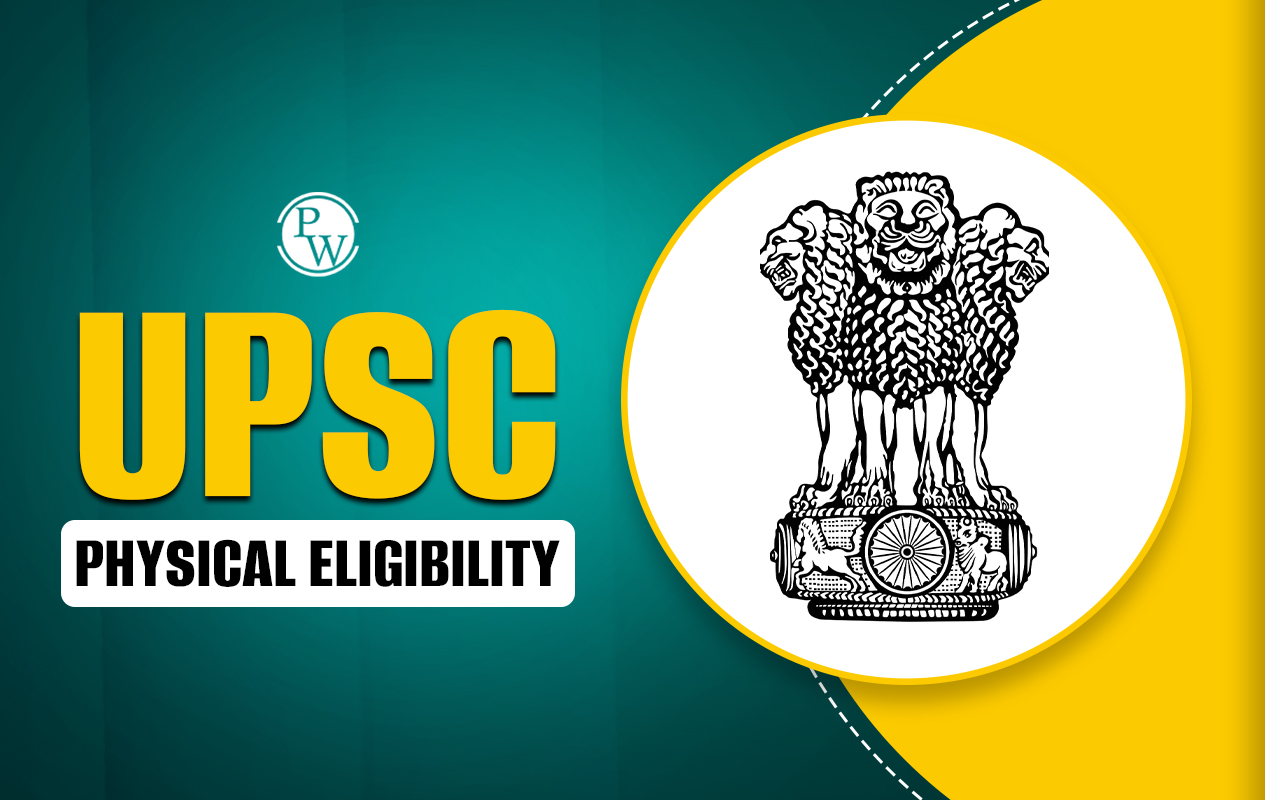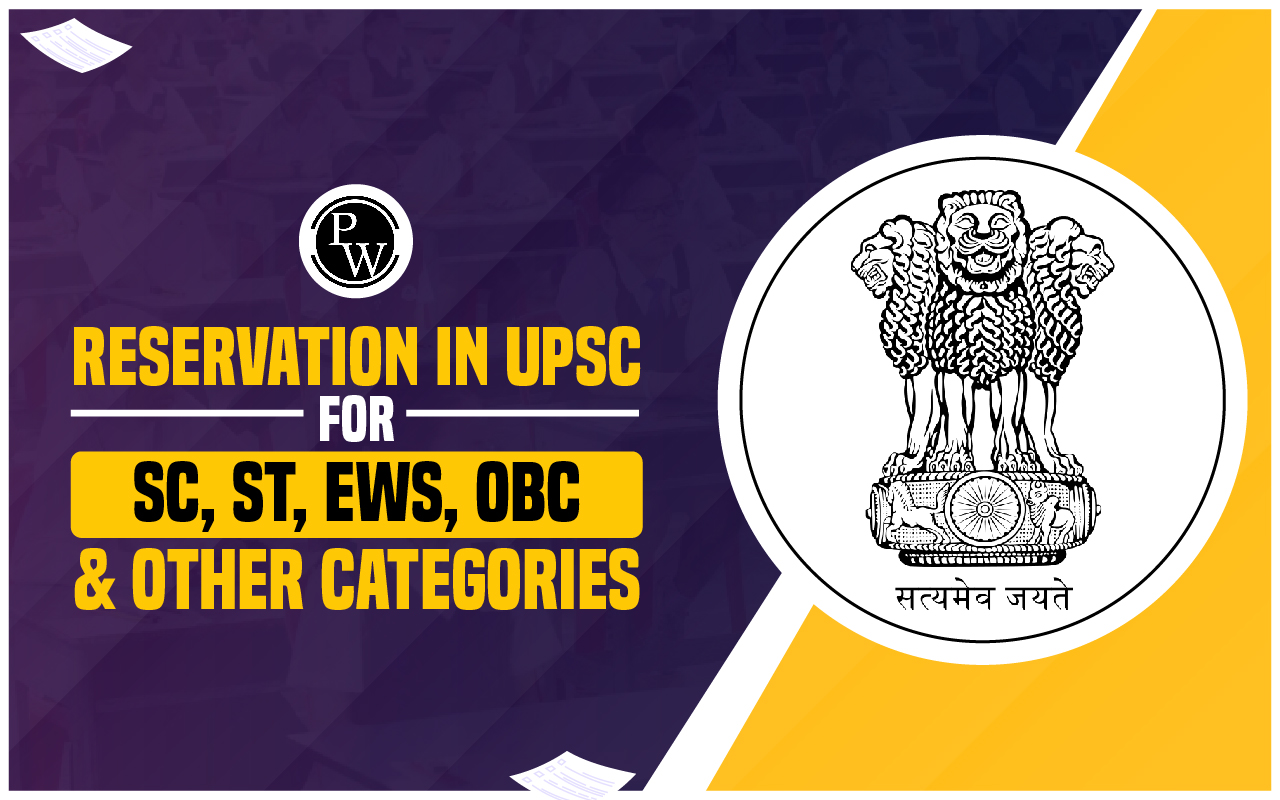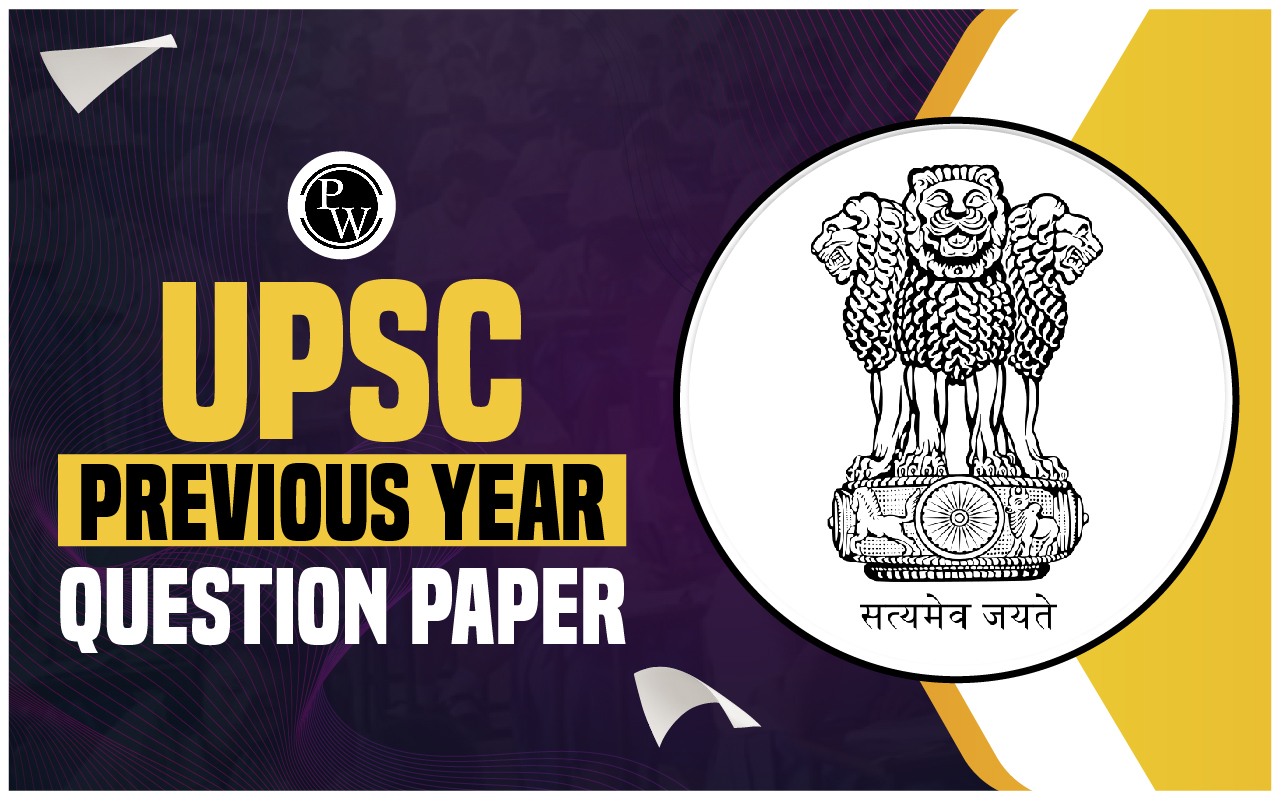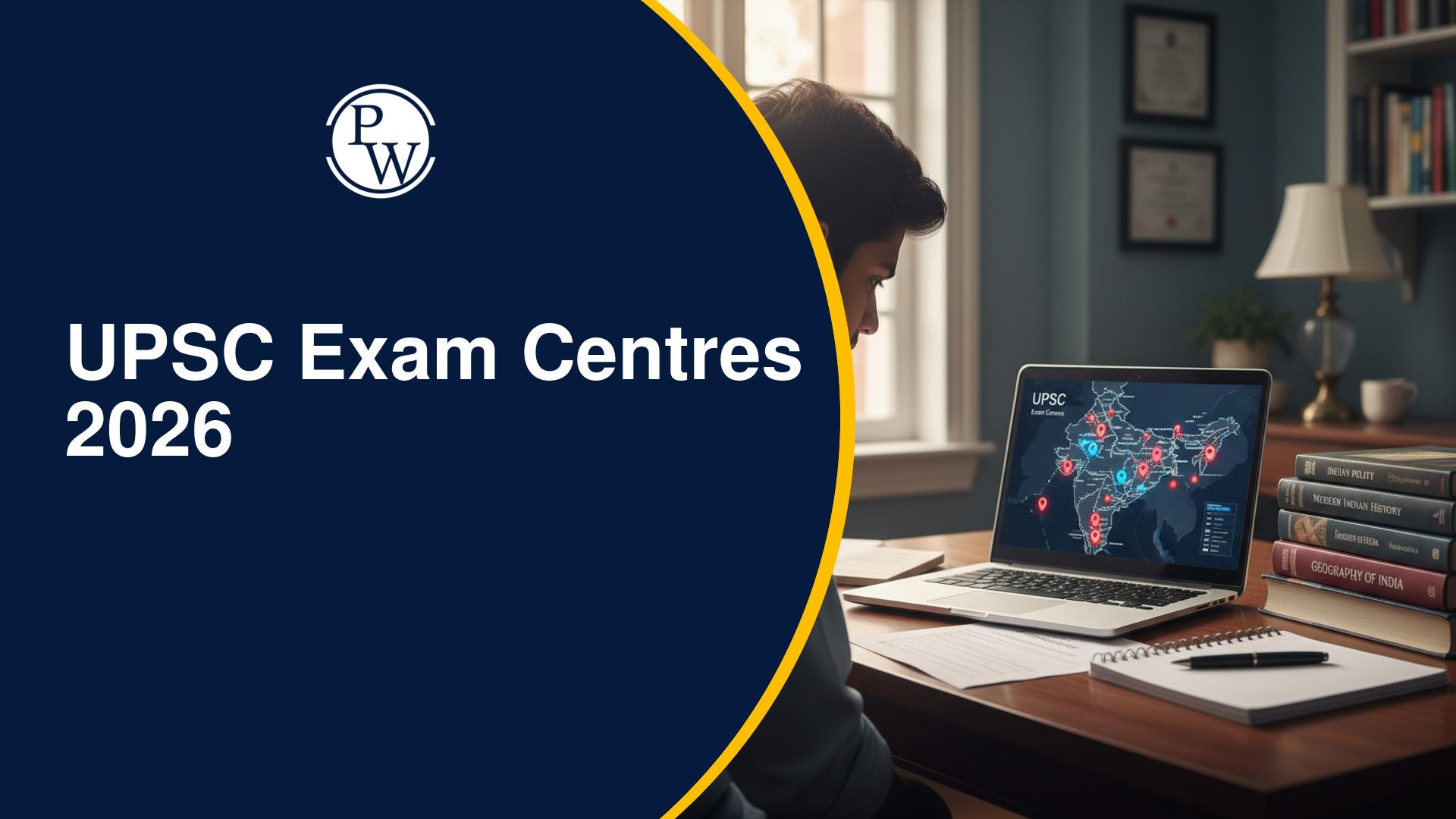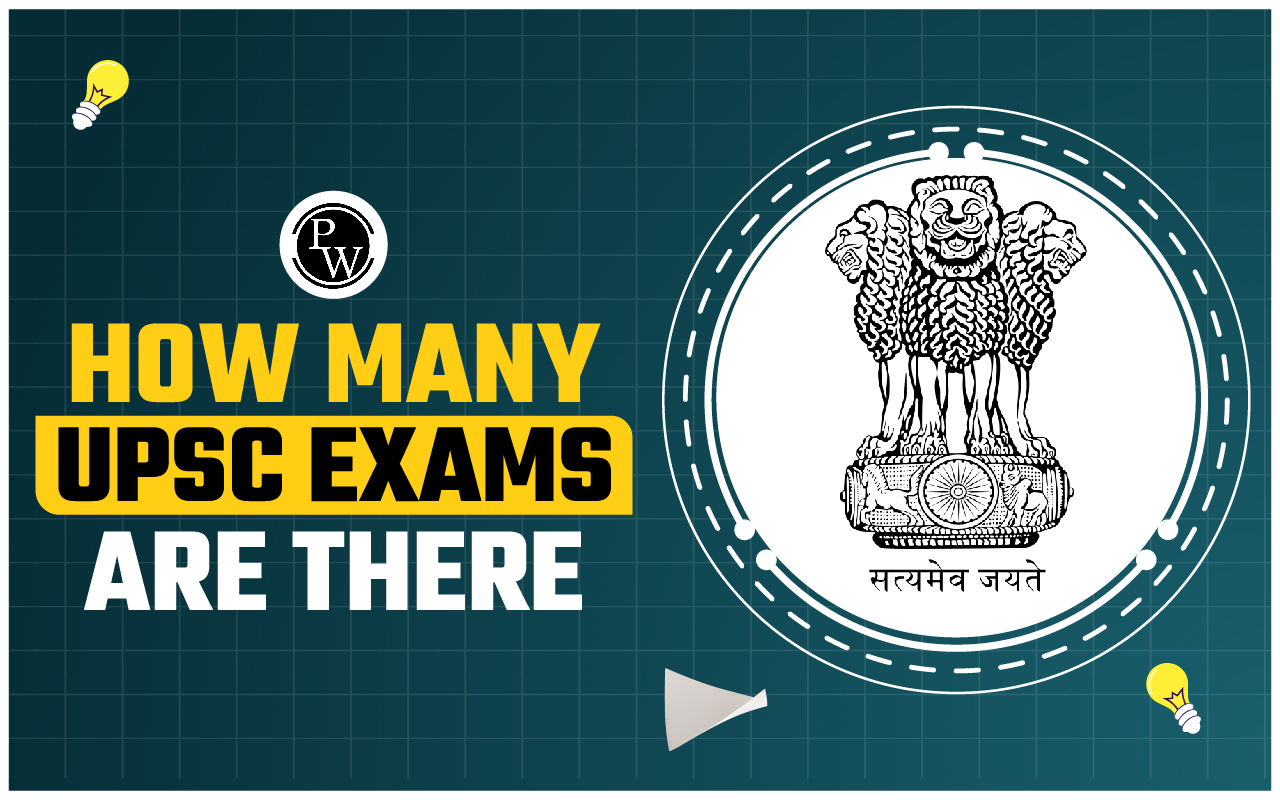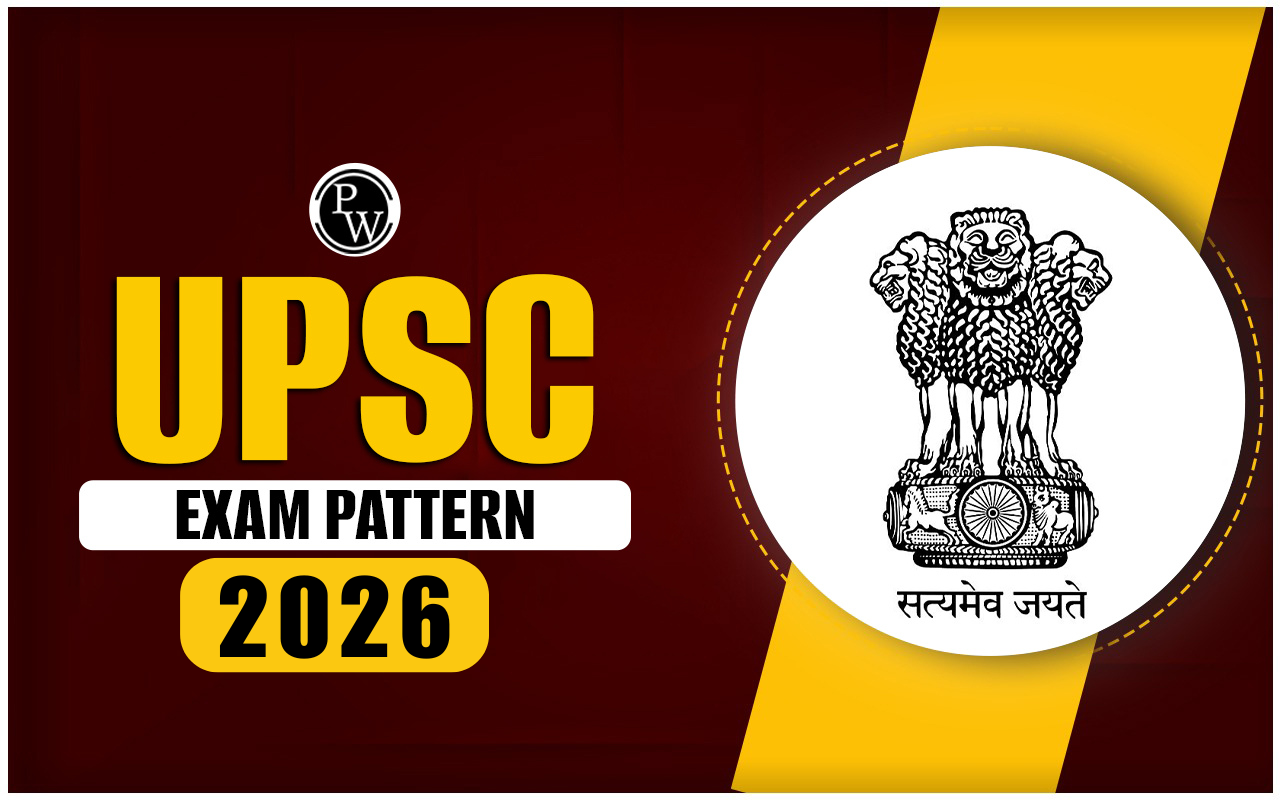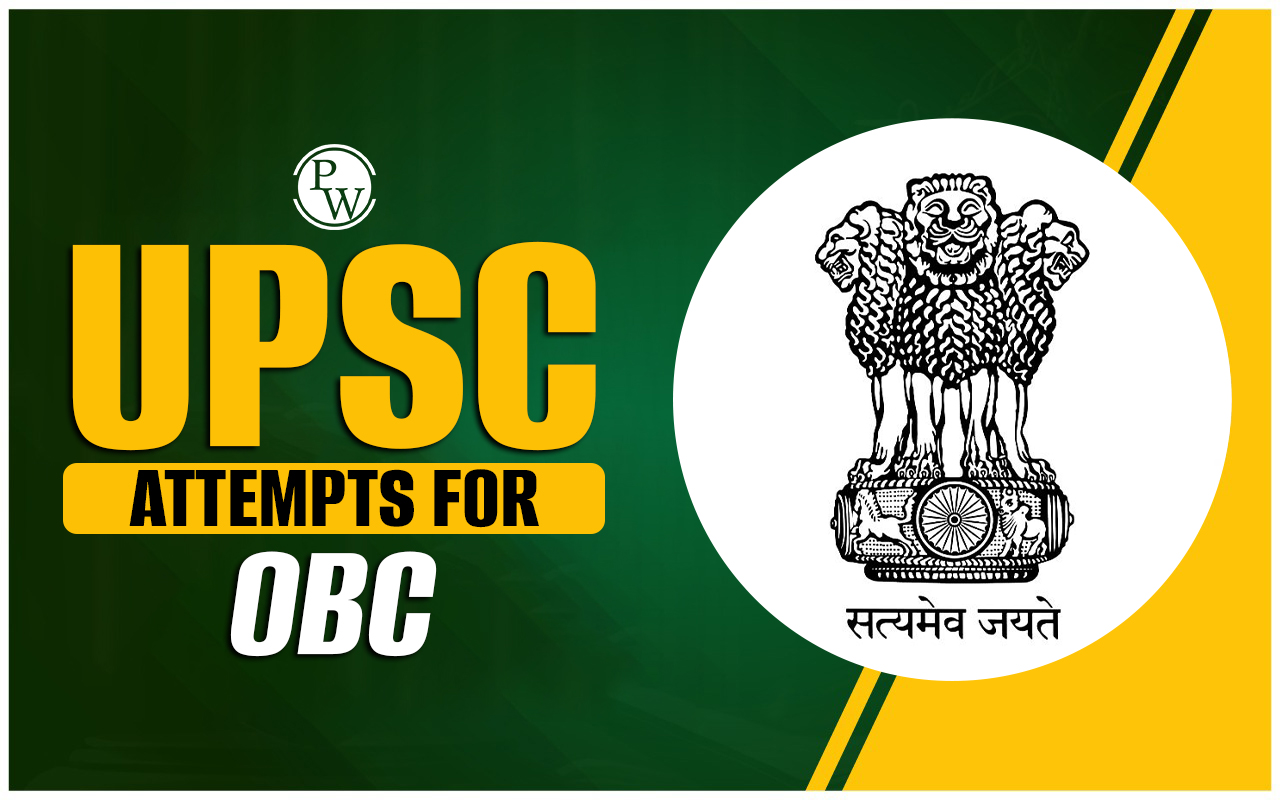
UPSC Prelims Polity Question Paper 2026 is one of the most talked about parts of the exam. Every year, Polity is a very important subject in the UPSC Prelims exam 2026. It is seen that questions from Indian Polity are mostly direct. They check how well you know the Constitution, important rights, duties, and government structure.
Many questions are based on basic understanding, and that is why Polity is said to be a scoring subject in Prelims 2026. If you know the ideas clearly, it becomes easy to answer Polity questions in the exam. That is why students preparing for UPSC 2026 always study Polity in detail from books like Laxmikanth and the Constitution of India.
UPSC Prelims Polity Question Paper 2025
In the UPSC Prelims 2025, Polity had a total of 14 questions. This shows that Polity is still one of the main subjects in the paper. Most of these questions were either concept-based or fact-based. The level of questions was easy to moderate. Many questions were from topics like fundamental rights, directive principles, duties, and the working of Parliament and state legislatures. Some questions also included updates related to current changes in constitutional matters. Students who had read important books and had followed recent updates in the news were able to attempt most of the Polity questions correctly. Questions were not tricky but needed a clear understanding of basic rules and ideas of the Constitution. So, for most students, this part of the paper gave them good marks if they had done proper reading.
UPSC Prelims Polity Question Paper Difficulty Level
The level of the Polity paper was moderate. Every year, Polity has many questions that are directly from the Constitution and important government systems. This year also followed the same pattern. Those who read topics like the Preamble, fundamental rights, and emergency provisions carefully could solve the paper well. The language of the questions was clear, and even the options were not confusing. Polity does not require deep calculations or long thinking like other subjects. That is why its difficulty level is not very high.
UPSC Prelims Polity Questions 2025
In UPSC Prelims 2025, the Polity questions were based on theory as well as current topics. Many questions were directly based on topics like:
1.With reference to the Government of India, consider the following information:
|
S.No |
Organization |
Some of its functions |
It works under |
|
I. |
Directorate of Enforcement |
Enforcement of the Fugitive Economic Offenders Act, 2018 |
Internal Security Division-I, Ministry of Home Affairs |
|
II. |
Directorate of Revenue Intelligence |
Enforces the Provisions of the Customs Act, 1962 |
Department of Revenue, Ministry of Finance |
|
III. |
Directorate General of Systems and Data Management |
Carrying out big data analytics to assist tax officers for better policy and nabbing tax evaders |
Department of Revenue, Ministry of Finance |
In how many of the above rows is the information correctly matched?
-
Only one
-
Only two
-
All the three
-
None
2. Consider the following statements:
I. Panchayats at the intermediate level exist in all States.
II. To be eligible to be a Member of a Panchayat at the intermediate level, a person should attain the age of thirty years.
III. The Chief Minister of a State constitutes a commission to review the financial position of Panchayats at the intermediate levels and to make recommendations regarding the distribution of net proceeds of taxes and duties, leviable by the State, between the State and Panchayats at the intermediate level.
Which of the statements given above are not correct?
-
I and II only
-
II and III only
-
I and III only
-
I, II and III
3. Consider the following statements about Lokpal:
I. The power of Lokpal applies to public servants of India, but not to the Indian public servants posted outside India.
II. The Chairperson or a Member shall not be a Member of the Parliament or a Member of the legislature of any State or Union Territory and only the Chief Justice of India, whether incumbent or retired, has to be its Chairperson.
III. The Chairperson or a Member shall not be a person of less than forty-five years of age on the date of assuming office as the Chairperson or Member, as the case may be.
IV. Lokpal cannot inquire into the allegations of corruption against a sitting Prime Minister of India.
Which of the statements given above is/are correct?
-
III only
-
II and III
-
I and IV
-
None of the above statements is correct
4. Consider the following statements with regard to pardoning power of the President of India:
I. The exercise of this power by the President can be subjected to limited judicial review.
II. The President can exercise this power without the advice of the Central Government.
Which of the statements given above is/are correct?
-
Only I
-
Only II
-
Both I and II
-
Neither I nor II
5. Consider the following statements:
I. On the dissolution of the House of the People, the Speaker shall not vacate his/her office until immediately before the first meeting of the House of the People after the dissolution.
II. According to the provisions of the Constitution of India, a Member of the House of the People on being elected as Speaker shall resign from his/her political party immediately.
III. The Speaker of the House of the People may be removed from his/her office by a resolution of the House of the People passed by a majority of all the then Members of the House, provided that no resolution shall be moved unless at least fourteen days’ notice has been given.
Which of the statements given above are correct?
-
I and II only
-
II and III only
-
I and III only
-
I, II and III
6. Consider the following statements:
I. If any question arises as to whether a Member of the House of the People has become subject to disqualification under the 10th Schedule,the President’s decision in accordance with the opinion of the Council of Union Ministers shall be final.
II. There is no mention of the word ‘political party’ in the Constitution of India.
Which of the statements given above is/are correct?
-
I only
-
II only
-
Both I and II
-
Neither I nor II
7. Consider the following statements:
Statement I: In India, State Governments have no power for making rules for grant of concessions in respect of extraction of minor minerals even though such minerals are located in their territories.
Statement II: In India, the Central Government has the power to notify minor minerals under the relevant law.
Which one of the following is correct in respect of the above statements?
-
Both Statement I and II are correct but statement II explains Statement I
-
Both Statement I and II are correct and statement II does not explain Statement I
-
Statement I is correct but Statement II is not correct
-
Statement I is not correct but Statement II is correct
8. With reference to the Indian polity, consider the following statements:
I. An Ordinance can amend any Central Act.
II. An Ordinance can abridge a Fundamental Right.
III. An Ordinance can come into effect from a back date.
Which of the statements given above are correct?
-
I and II only
-
II and III only
-
I and III only
-
I, II and III
9. With reference to India, consider the following bodies:
I. The Inter-State Council
II. The National Security Council
III. The Zonal Councils
How many of the above were established as per the provisions of the Constitution of India?
-
Only one
-
Only two
-
All three
-
None
10. Consider the following statements regarding constitutional provisions in India:
I. The Constitution of India explicitly mentions situations where the Governor of a State can act in his/her discretion.
II. The President of India can, on his/her own, reserve a Bill passed by a State Legislature for consideration, even without it being forwarded by the Governor of the concerned State.
Which of the above statements is/are correct?
-
I only
-
II only
-
Both I and II
-
Neither I nor II
11. Consider the following pairs:
|
Provision in the Constitution of India |
Stated under |
|
I. Separation of Judiciary from the Executive in public services of the State |
Directive Principles of state Policy |
|
II. Valuing and preserving the rich heritage of our composite culture |
Fundamental Duties |
|
III. Prohibition of employment of children below the age of 14 years in factories |
Fundamental Rights |
How many of the above pairs are correctly matched?
-
Only one
-
Only two
-
All three
-
None
12. Consider the following statements regarding Scheduled Areas under the Fifth Schedule of the Indian Constitution:
I. If an area in a State is declared as a Scheduled Area under the Fifth Schedule, the State Government loses its executive power, and a local body assumes total administration of such areas.
II. The Union Government can take over total administration of such areas under certain circumstances on the recommendation of the Governor.
Which of the above statements is/are correct?
-
I only
-
II only
-
Both I and II
-
Neither I nor II
13. Consider the following subjects under the Constitution of India:
I. List I – Union List, in the Seventh Schedule
II. Extent of the executive power of a State
III. Conditions of the Governor’s office
For a constitutional amendment with respect to which of the above, ratification by the legislatures of not less than one-half of the States is required before the Bill is presented to the President for assent?
-
I and II only
-
II and III only
-
I and III only
-
I, II and III
14. With reference to the Indian polity, consider the following statements:
I. The Governor is not answerable to any court for the exercise and performance of the powers and duties of his/her office.
II. No criminal proceedings shall be instituted or continued against the Governor during his/her term of office.
III. Members of a State Legislature are not liable to any proceedings in any court in respect of anything said or any vote given in the legislature or its committees.
Which of the statements given above are correct?
-
I and II only
-
II and III only
-
I and III only
-
I, II and III
| UPSC Prelims Solved PYQs | |
| Title | Link |
| Polity Questions in UPSC Prelims with Answers | UPSC Prelims Polity PYQs |
| Other Subject Questions in UPSC Prelims | UPSC Prelims PYQs |
UPSC Prelims Polity Year Wise Questions Trends
If we look at the previous year papers, Polity always had a strong presence. In the last 5 years, the number of questions from Polity has remained between 12 to 18. This shows that Polity is a regular part of the exam. UPSC likes to test how well a student knows the Indian Constitution, laws, and system of governance.
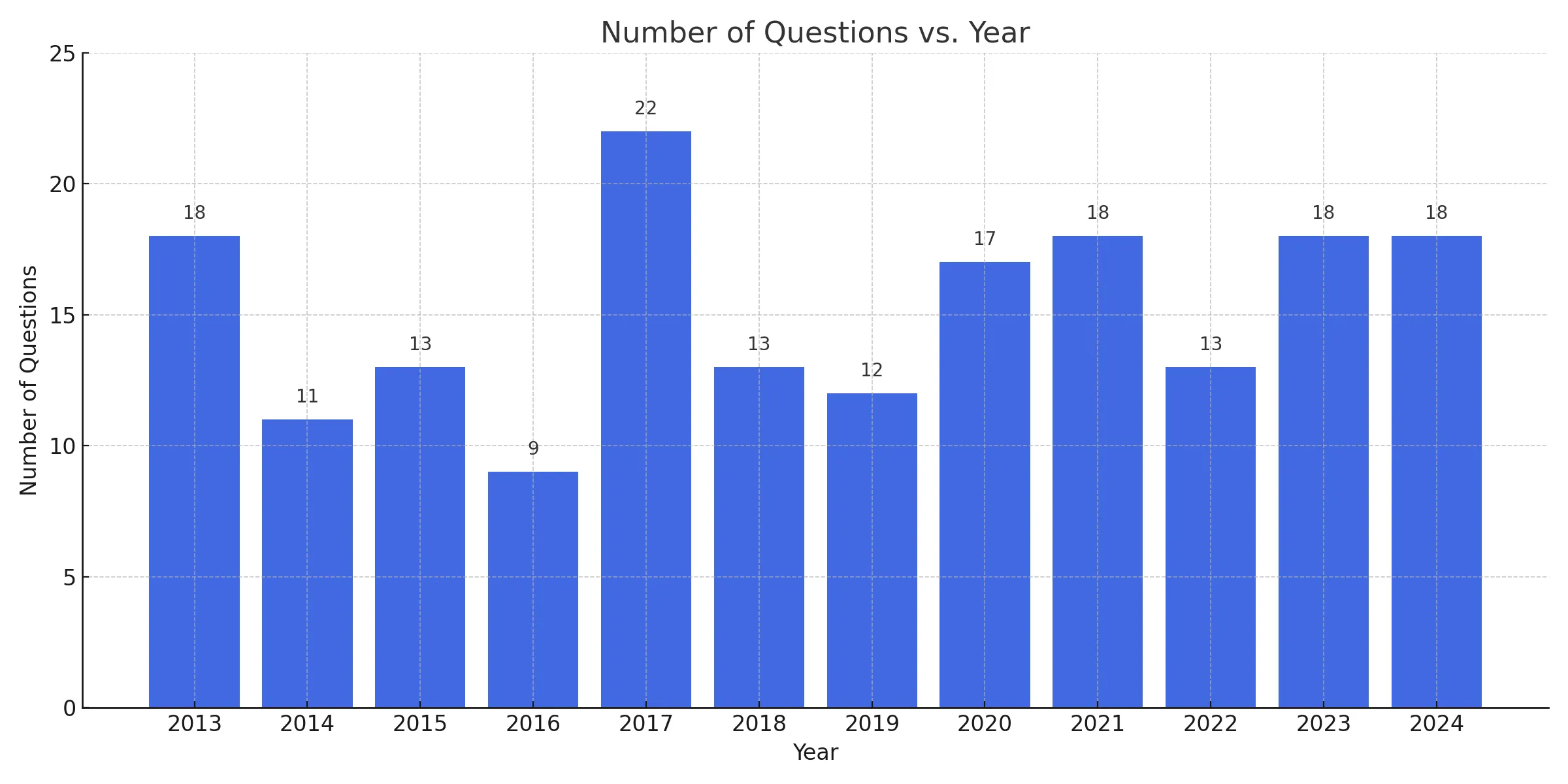
UPSC Prelims Polity Questions 2024
The UPSC Prelims exam in 2024 was dominated by Polity questions based on theoretical concepts and current trends in the field. Candidates can find the UPSC Prelims Polity Questions 2024 with answers here:- How many Delimitation Commissions have been constituted by the Government of India till December 2023?
(d) Four
- The Constitution (71st Amendment) Act, 1992 amends the Eighth Schedule to the Constitution to include which of the following languages?
- Konkani
- Manipuri
- Nepali
- Maithili
(a) 1, 2 and 3
(b) 1, 2 and 4- Consider the following pairs:
| Party | Its Leader | |
| 1. | Bharatiya Jana Sangh | Dr. Shyama Prasad Mukherjee |
| 2. | Socialist Party | C. Rajagopalachari |
| 3. | Congress for Democracy | Jagjivan Ram |
| 4. | Swatantra Party | Acharya Narendra Dev |
(b) Only two
(c) Only three4. Which of the following statements are correct about the Constitution of India?
- Powers of the Municipalities are given in Part IX A of the Constitution.
- Emergency provisions are given in fu Part XVIII of the Constitution.
- Provisions related to the amendment of the Constitution are given in Part XX of the Constitution.
- 1 and 2 only
- 2 and 3 only
- 1 and 3 only
- 1, 2 and 3
5. Which one of the following statements is correct as per the Constitution of India?
- Interstate trade and commerce is a State subject under the State List.
- Interstate migration is a State subject under the State List.
- Inter-State quarantine is a Union subject under the Union List.
- Corporation tax is a State subject under the State List.
- Article 15
- Article 16
- Article 19
- Article 21
- Initially, it was an ad-hoc Committee.
- Only a Member of the Lok Sabha can make a complaint relating to the unethical conduct of a member of the Lok Sabha.
- This Committee cannot take up any matter which is sub-judice.
- 1 and 2 only
- 2 and 3 only
- 1 and 3 only
- 1, 2 and 3
(d) Dr. Sachchidananda Sinha
9. As per Article 368 of the Constitution of India, the Parliament may amend any provision of the Constitution by way of:- Addition
- Variation
- Repeal
(d) 1, 2 and 3
10. Which of the following statements are correct in respect of a Money Bill in the Parliament?- Article 109 mentions special procedure in respect of Money Bills.
- A Money Bill shall not be introduced in the Council of States.
- The Rajya Sabha can either approve the Bill or suggest changes but cannot reject it.
- Amendments to a Money Bill suggested by the Rajya Sabha have to be accepted by the Lok Sabha.
(c) 1, 2 and 3
(d) 1, 3 and 411. The North Eastern Council (NEC) was established by the North Eastern Council Act, 1971. Subsequent to the amendment of NEC Act in 2002, the Council comprises which of the following members?
- Governor of the Constituent State
- Chief Minister of the Constituent State
- Three Members to be nominated by the President of India
- The Home Minister of India
(a) 1, 2 and 3 only
(b) 1, 3 and 4 only12. Consider the following statements regarding ‘Nari Shakti Vandan Adhiniyam':
- Provisions will come into effect from the 18 th Lok Sabha.
- This will be in force for 15 years after becoming an Act.
- There are provisions for the reservation of seats for Scheduled Castes Women within the quota reserved for the Scheduled Castes.
(b) 1 and 2 only
(c) 2 and 3 only13. A Writ of Prohibition is an order issued by the Supreme Court or High Courts to:
(c) the lower court prohibiting the continuation of proceedings in a case.
(d) the Government prohibiting it from following an unconstitutional policy.14. Consider the following statements:
- It is the Governor of the State who recognizes and declares any community of that State as a Scheduled Tribe.
- A community declared as a Scheduled Tribe in a State need not be so in another State.
(b) 2 only
(c) Both 1 and 215. With reference to Union Budget, consider the following statements:
- The Union Finance Minister on behalf of the Prime Minister lays the Annual Financial Statement before both the Houses of Parliament.
- At the Union level, no demand for a grant be made except on the recommendation of the President of India.
(b) 2 only
(c) Both 1 and 216. With reference to the Speaker of the Lok Sabha, consider the following statements: While any resolution for the removal of the Speaker of the Lok Sabha is under consideration .
- He/she shall not preside.
- He/She shall not have the right to speak.
- He/She shall not be entitled to vote on the resolution in the first instance.
(a) 1 only
(b) 1 and 2 only17. With reference to the Indian Parliament, consider the following statements:
- A bill pending in the Lok Sabha lapses on its dissolution.
- A bill passed by the Lok Sabha and pending in the Rajya Sabha lapses on the dissolution of the Lok Sabha.
- A bill in regard to which the President of India notified his/her intention to summon the Houses to a joint sitting lapses on the dissolution of the Lok Sabha.
(b) 1 and 2
(c) 2 and 318. With reference to the Parliament of India, consider the following statements:
- Prorogation of a House by the President of India does not require the advice of the Council of Ministers.
- Prorogation of a House is generally done after the House is adjourned sine die but there is no bar to the President of India prorogating the House which is in session.
- Dissolution of the Lok Sabha is done by the President of India who, save in exceptional circumstances, does so on the advice of the Council of Ministers.
(c) 2 and 3
(d) 3 only
Tips to Analyze Polity PYQs for UPSC Prelims 2026
As UPSC Prelims 2026 approaches, analyzing Polity PYQs is key to understanding the question pattern and preparing smartly. Here's how to break down PYQs effectively to boost your score in the UPSC Prelims 2026:
- Identify Repeated Themes: Focus on frequently asked areas like Fundamental Rights, Parliament, and Constitutional Amendments.
- Classify by Topic: Organize questions by categories—Centre-State Relations, Judiciary, Elections, etc., to spot focus areas.
- Note the Question Type: Observe whether questions are conceptual, factual, or application-based.
- Track Difficulty Levels: Compare trends over the years to assess increasing complexity.
- Link with Current Affairs: Cross-reference PYQs with recent polity-related news for integrated learning.
- Revise with Purpose: Use insights from PYQs to prioritize and streamline your revision strategy.
Understand the concepts of Polity for the UPSC exam 2026 in depth. Enroll in the UPSC course offered by Physics Wallah!
UPSC Prelims Polity PYQ FAQs
How many questions were asked from Polity in UPSC Prelims 2025?
Is M Laxmikanth enough for UPSC Prelims preparation?
How to study Polity subject for UPSC prelims?
Is the Polity section tough for UPSC Prelims?
Are Polity PYQs repeated in UPSC Prelims?
How to analyze Polity PYQs for UPSC Prelims?
What was the level of Polity questions in UPSC Prelims 2025?
Do I need to read current affairs for UPSC Polity questions?


